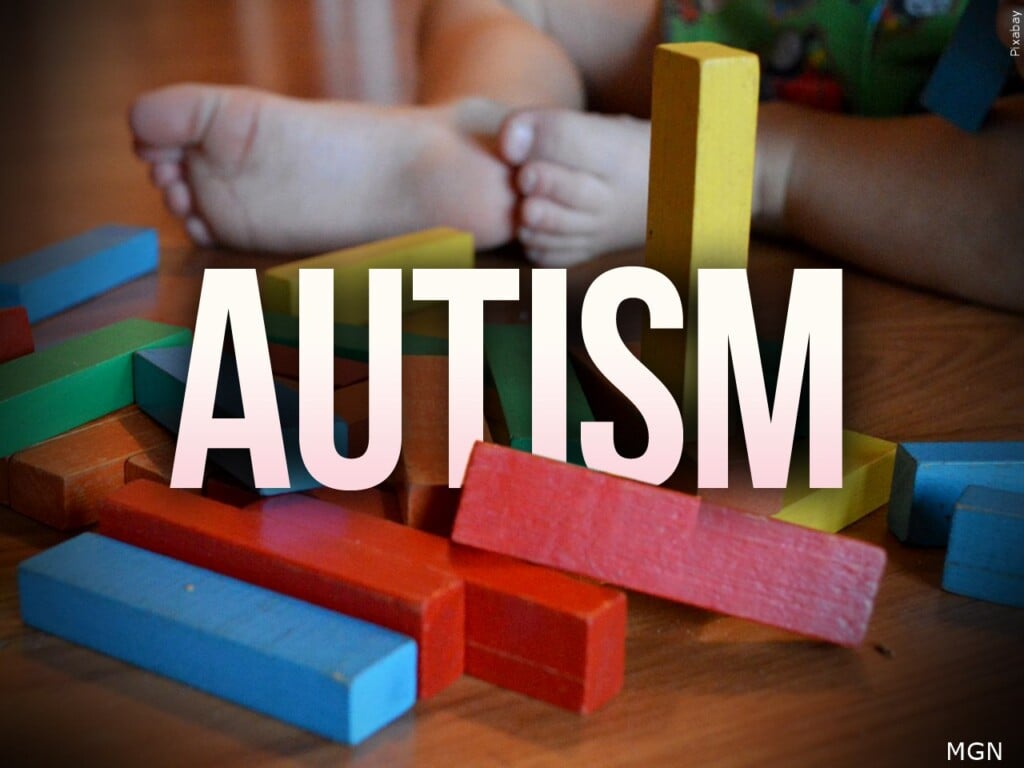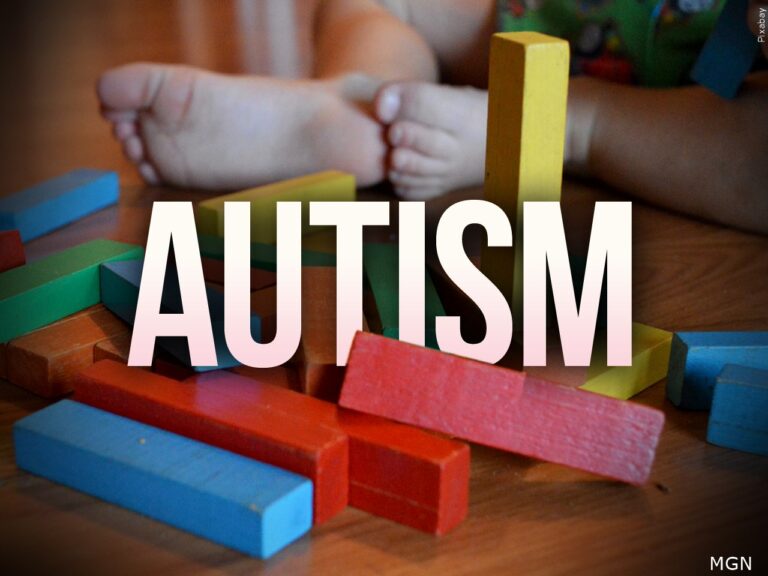
By WVUA 23 News Reporter Torrance Stincer
The University of Alabama hosted the 23rd annual Alabama Autism Conference on Friday. The conference is a full day available for both in-person and online attendance. The event includes presentations and exhibits from different partners across the state.
The conference is open to professionals, clinicians, educators, self-advocates, and family members. The statewide conference focuses on best practices and autism support. Presentation topics included support for the transition to adulthood, empowering youth with developmental disabilities with problem solving and participation, coaching and mentorship for caregivers, sensory processing, self-advocating and much more.
Alabama Autism Conference Planning Committee Chair Sarah O’Kelley said “Every year I’m really amazed at the synergy and the conversations that happen. I think that is one of the most valuable aspects of this conference is the networking that happens with people across the state and it results in changes in the systems and programs and access to care across the state based on the conversations that were started here.”
The conference had over a dozen exhibits. One such exhibit featured the beginning models of an AI-powered program for autism care in Alabama. The program was designed in collaboration between the University of Alabama in Huntsville, little Orange fish, and the Alabama Department of Mental Health. The software would help connect Alabamians in need of autism care with state resources addressing the disparity of health resources available in rural communities. The artificial intelligence is trained on real social worker-client conversations with early testing showing promise on streamlining information services. The software does not offer legal or medical advice.
Little Orange fish Executive Director Daniel Adamek said conferences like this are important because it allows them to connect and coordinate their program with various providers across the state to provide a stronger information service.
University of Alabama in Huntsville representative Armin Ahmadi said connecting with different providers is crucial to the program in its efforts to address the geographical disparity of autism resources in the state. The goal of the program is to bring all the stakeholders together in one place to best serve members of the autism community through the in-depth resource directory within the chat-bot based model.
This is the first year the conference planning committee has included self-advocates on the planning committee. O’Kelley said their largest contribution to ensure the event was comfortable for members of the autism community was the addition of a quiet sensory space within Bryant Conference Center. A sensory room is a safe space for neurodivergent individuals to regulate their nervous systems. These spaces are designed with dim lighting, neutral smells, and sensory engaging items such as colored lights, fidgets, pillows and plushes to allow individuals to stim freely and self-regulate.
The conference also uses color communication badges. These badges follow a color system to inform others of the wearer’s communication preferences quickly and nonverbally. People may change their communication color at any time.
- Green badge: Actively seeking communication. The individual may have difficulty initiating conversation, but wants to be approached by people interested in talking.
- Yellow badge: Only wants to talk to people they recognize. These individuals do not want to speak with strangers or people only known online. They may approach strangers to initiate conversation, but strangers should not approach them.
- Red badge: Probably does not want to talk to anyone. These individuals may only want to talk to a few people, but may approach others to talk. Unless you have been told by the badge-wearer that you are on their “red-list,” meaning they want to talk with you, you should not approach them to talk.
The Alabama Coalition Team: ACTion Zone at the conference provided information and answered questions. Attendees were also able to sign up for private appointments if desired. The coalition team included Alabama Disabilities Advocacy Program (ADAP), Alabama State Department of Education (ALSDE), Alabama Department of Rehabilitation Services: Vocational Rehabilitation Service (VRS).
In addition to the organizations and resources highlighted at the conference the Autism Spectrum Disorder Identification Card was also included in the event’s program to spread word about the first state recognized Autism Identification Card in the U.S.. This card was designed in collaboration between the Autism Society of Alabama and the Alabama Department of Public Health. The card is available upon request by a person medically diagnosed with autism spectrum disorder or the guardian or caregiver of such person. You can register for a card through any county health department with the registration form and fee; the application must be signed by a health care provider.
Next year’s conference is scheduled for Feb. 28, 2025.
This article was originally published by a www.wvua23.com . Read the Original article here. .



